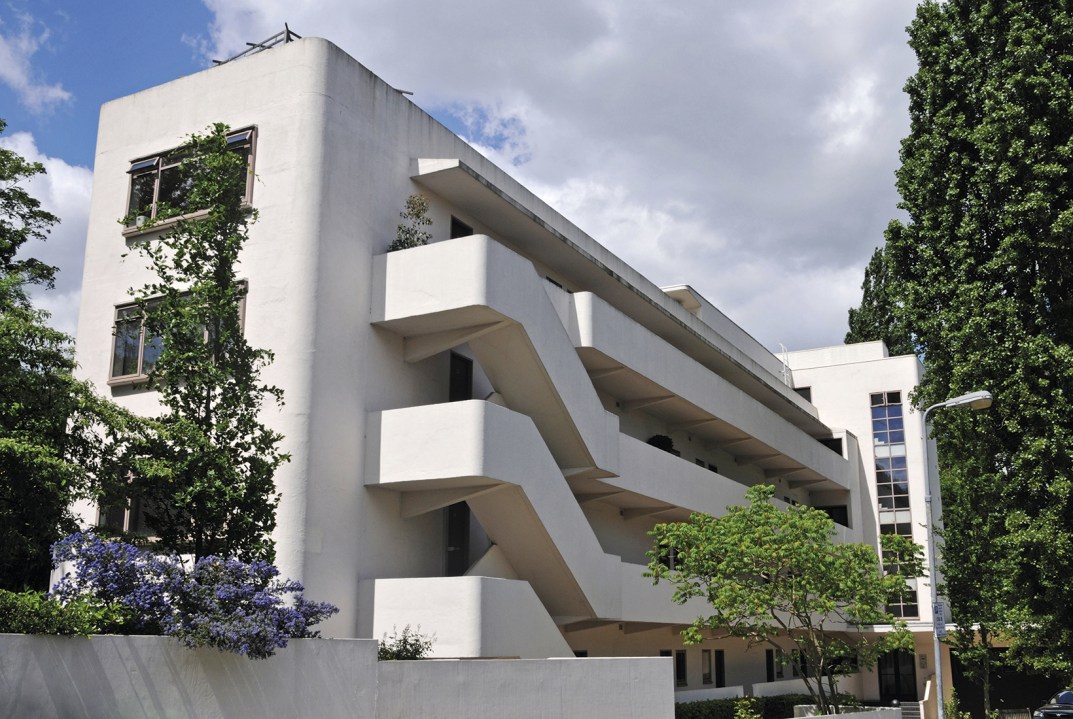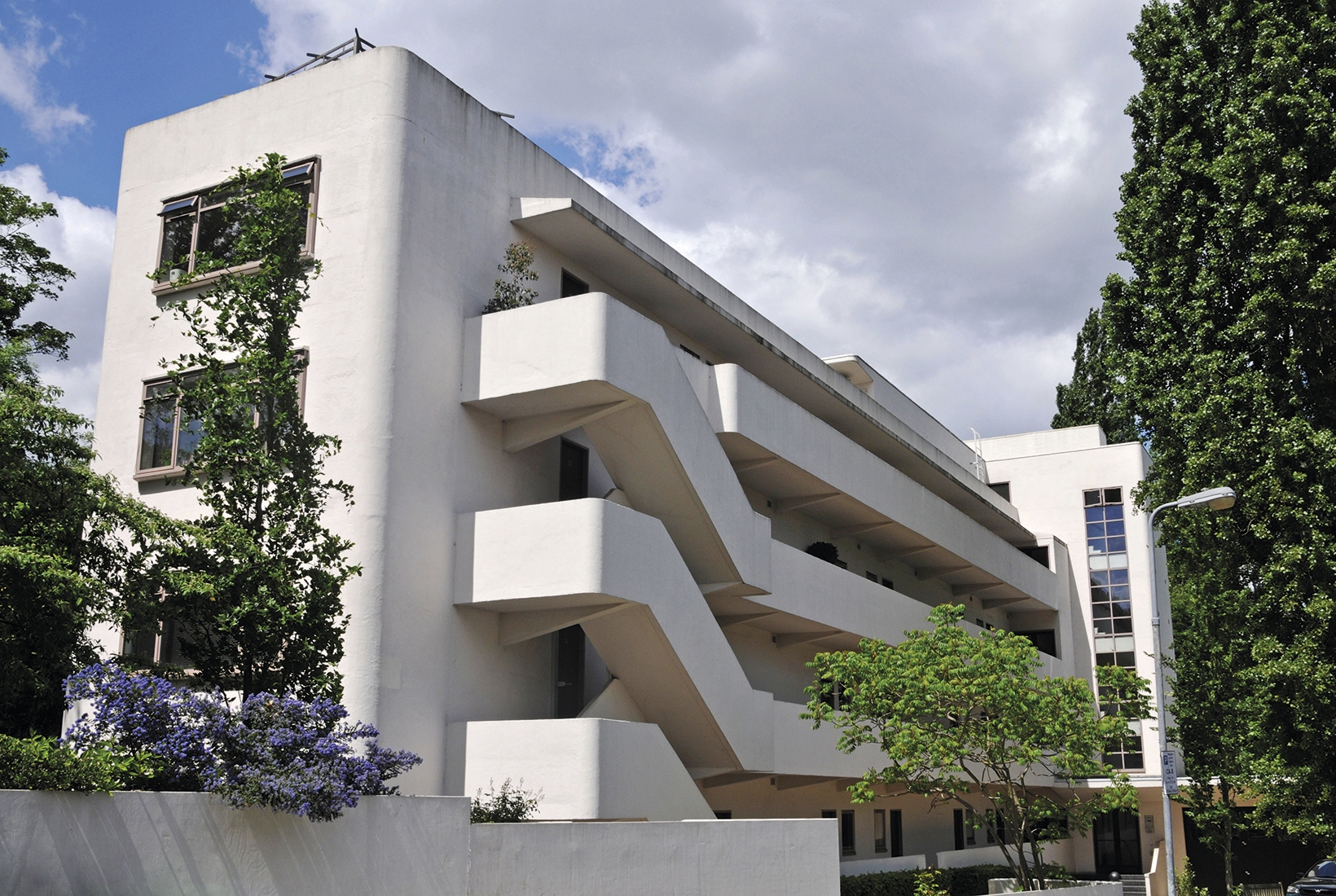With its distinctive hilly site and unusually coherent architecture (significantly, most of it domestic rather than civic), Hampstead has always had a singular character. But it is as much a state of mind as an address. Although two of England’s greatest native artists, Keats and Constable, made it their home, over the past three centuries Hampstead has notably attracted waves of exotics: French, Spanish and Jewish. These immigrants, struggling with heavy baggage labelled ‘high culture’, have had a huge influence on the neighbourhood. Perhaps the geography and townscape — a miniature city on a hill defined by secret places, alleyways and architectural surprises, a defensible space both in terms of protection and psychology — had a special appeal to the refugee mentality. And following the French, Spanish and Jewish came another wave of exotics: the Modernists in the mid-1930s. This was Susan Sontag’s ‘improvised, self-elected class’, defined not by race or nationality but by values that insisted that art and life should be integrated. And high-concept adultery was by no means excluded: it was a culture of clean lines and dirty habits. At the time it seemed radical, important and inevitable, but, with perspective, the Modernist adventure appears instead as a very peculiar episode in the history of taste.
Outstanding among Hampstead’s new arrivals were Piet Mondrian (Dutch), Walter Gropius (German) and Laszlo Moholy-Nagy (Hungarian). At Ben Nicholson’s suggestion, Mondrian moved into modest digs at 60 Parkhill Road in 1938, a street where Henry Moore — ‘lumpy’ according to J.B. Priestley — had lived since 1929. If Mondrian sometimes seems the most extreme and ultramontane of abstract artists (he followed a diet based on carrots), it is pleasant to note that his building was also occupied by a suburban contingent including a retired nurse, a stationer, a typist and a policeman whose wife was the landlady.








Comments
Join the debate for just £1 a month
Be part of the conversation with other Spectator readers by getting your first three months for £3.
UNLOCK ACCESS Just £1 a monthAlready a subscriber? Log in